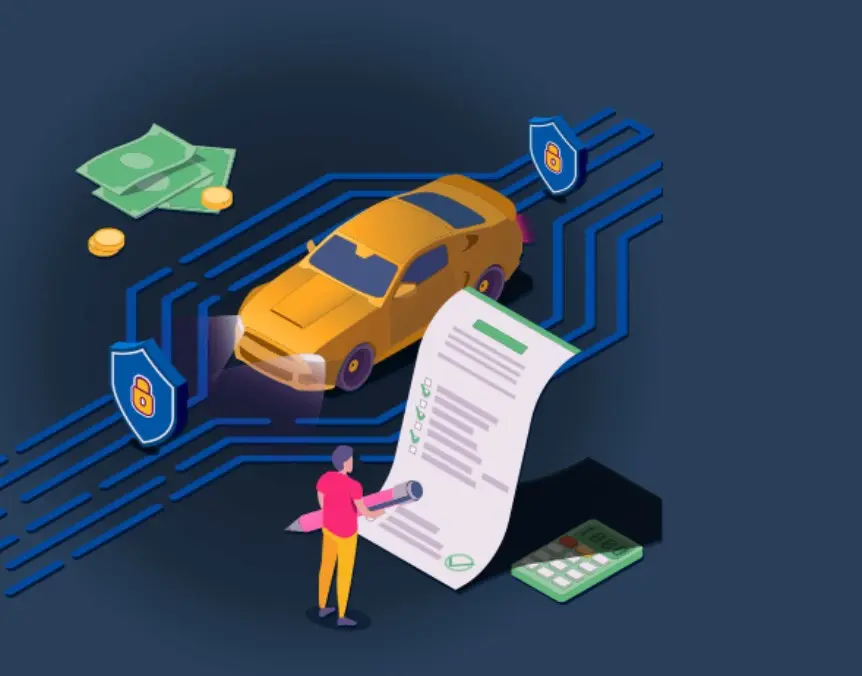Electric vans are becoming more popular as companies and people seek more environmentally friendly transportation. Like every vehicle, electric vans require adequate insurance. However, they have particular needs, including expensive batteries, special repairs, and charging-related hazards. This article examines seven different types of insurance coverage electric vans should have. Everyone shields you, your car, and your company in various ways.
Comprehensive Insurance:
For your electric van, comprehensive insurance provides the most thorough cover possible. It addresses harm to your car even if your irresponsibility causes the accident. Because of their sophisticated technology and battery systems, electric vans often cost more to repair than petrol or diesel vans, and this cover is particularly crucial. This cover shields against theft, fire, vandalism, and damage from severe storms. You can visit https://www.quoteradar.co.uk/van-insurance/electric/ to compare different policies and select the right one for your electric van.
Many policies provide compensation depending on the current market value if your van is deemed damaged. Some providers could also help replace a broken charging unit or a battery replacement choice.
Third-party, Fire and Theft Coverage:
Mid-level coverage includes third-party, fire, and theft insurance. It shields you should your van harm another car, property, or person. It covers your electric van if it gets stolen or damaged by fire. It does not, however, cover damage to your van in an accident for which you bear responsibility. This coverage might be more appropriate for older electric vans or if you wish for a less expensive insurance option. Although it does not include all the aspects of comprehensive coverage, it still gives fair theft and fire-related loss protection, which are significant dangers for electric vehicles because of their high resale value and the possibility of battery fires.
Third-Party Only Cover:
Third-party-only insurance is the minimum legal condition for driving a van on UK roads. If you are responsible for an accident, it encompasses injury to other people and damage to their cars or property. It excludes any harm your electric van may sustain. Usually the least expensive, this kind of cover offers the least protection. This might not be the best choice for owners of electric vans unless the van is of little value or infrequently used. Since electric vans are costly to repair, spending more for better coverage might be more economically wise. You can find better coverages by comparing them at a comparison website like QuoteRadar.
Breakdown Cover:
Like any other car, electric vans can malfunction; however, the causes might vary. For instance, frequent problems arise from software faults, battery failures, or running out of charge. Customized breakdown cover for electric vans includes mobile charging services, flatbed towing (since electric vans cannot always be towed conventionally), and recovery to the closest charging point. Standard breakdown cover might not include these features, so be sure your policy expressly backs electric cars. If your company has frequent trips across borders, some insurers provide European breakdown cover, which is useful.
Business Use and Goods in Transit Cover:
Most electric vans, including deliveries or moving tools, are used for business purposes. Business use insurance guarantees you coverage when driving the van for job-related tasks. Without this, your insurance company might deny a claim if you used the van for business but only had social or commuting coverage. If you carry belongings, equipment, or boxes, you might also require goods in transit coverage. This guards the goods in transit against theft, loss, or damage. This kind of coverage is particularly crucial for couriers, tradespeople, or service engineers driving electric vans, and it is typically purchased together with commercial use insurance.
Cover for Legal Expenses:
Legal expenses coverage helps you with the cost of legal fees should you find yourself in a claim following an accident. This might entail dealing with compensation conflicts, recovering uninsured losses, and defending yourself against claims. For owners of electric vans, legal expenses could also follow from events involving charging disputes, property damage from fire, or problems with leased batteries. Though typically voluntary, this kind of coverage can be quite beneficial—particularly if you depend on your van daily and use it for business. Legal expenses can be substantial; this insurance guarantees that you are backed without paying out of pocket for attorneys or court costs.
Final Thoughts:
Electric van insurance addresses the particular hazards and requirements connected with electric vehicles. Every kind of insurance is essential, from battery and charger protection to specialist breakdown cover. Although choosing the least expensive choice could be alluring, insufficient insurance can have far more costly long-term ramifications. Consider how your van is used and what hazards it could experience. Whether you use your electric van for personal or professional purposes, the appropriate combination of coverages will keep you covered, active, and ready for whatever comes next.
Also read-How Technology Is Shaping Modern Caregiving Careers
